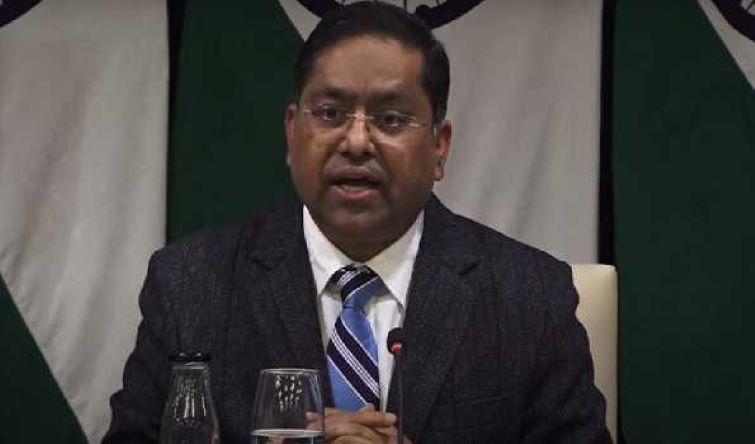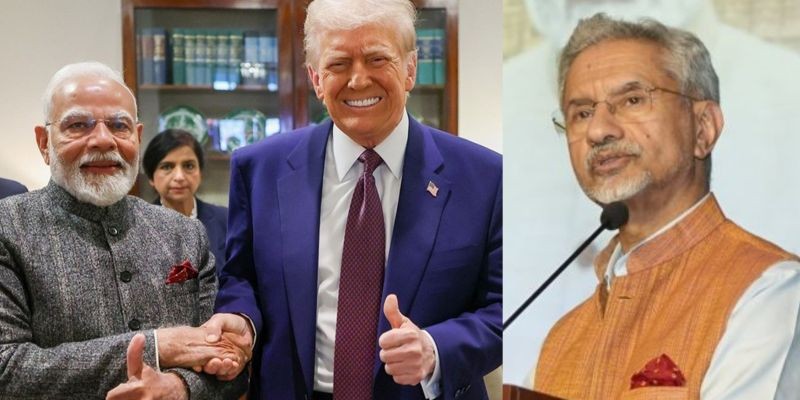Ensure safety, well-being of Indians engaged in govt engagements: MEA urges Israel amid war with Hamas

New Delhi/IBNS/UNI: The Ministry of External Affairs Thursday urged Israeli authorities to do their best to take care of the safety and well-being of Indians who have gone to Israel under a government-to-government (G2G) agreement.
Addressing a weekly press conference here, spokesperson of the Ministry of External Affairs Randhir Jaiswal said, "The first batch of people from India have gone to Israel. For us, their safety is important. We have urged Israeli authorities to do their best to take care of their safety and well-being."
The spokesperson said the workers were sent under a pre-existing Mobility Agreement between the two nations, signed before the Israel-Hamas war started.
The first batch of 60 Indian construction workers arrived in Israel on Tuesday evening under a G2G agreement.
"Today we had a farewell event from the first batch of 60+ Indian construction workers going to Israel under the G2G agreement. This is an outcome of the hard work of many, including @NSDCINDIA. I’m sure that the workers become 'ambassadors’ of the great P2P relations between India and Israel," Israel's ambassador to India Naor Gilon posted on X on Tuesday.
Replying to the query on two Indian nationals who were reported missing in the Taiwan earthquake, Randhir Jaiswal said "We have been now able to get in touch with the two people with whom earlier we could not establish contact. They are safe."
On Wednesday, at least nine people were killed and more than 1,000 by a powerful earthquake in Taiwan that damaged dozens of buildings and prompted tsunami warnings that extended to Japan and the Philippines.
On China renaming the places in Arunachal Pradesh, MEA Spokesperson said, "By naming something you don't change the reality. Reality is what it is. Arunachal Pradesh is an integral, inalienable part of India and it will remain so".
On Tuesday, China released a list of so-called 'standardised' geographical names in Arunachal Pradesh, which Beijing recognises as Zangnan.
It also renamed 30 places including 12 mountains, four rivers, one lake, one mountain pass, 11 residential areas, and a piece of land. Apart from the list of names, the Chinese ministry also shared detailed latitude and longitude and a high-resolution map of the areas.




